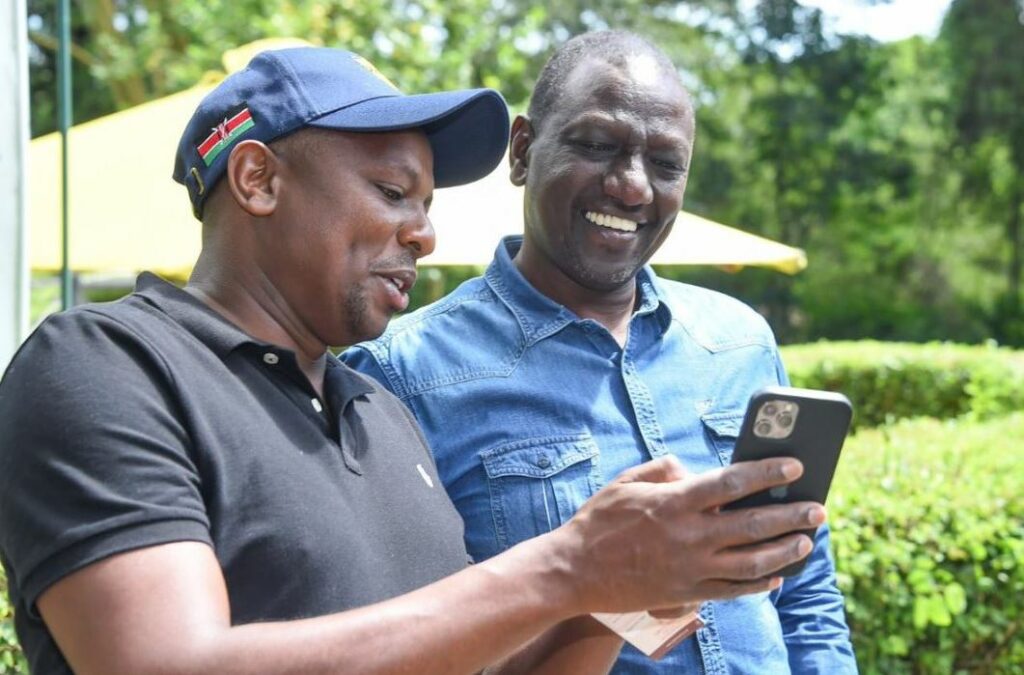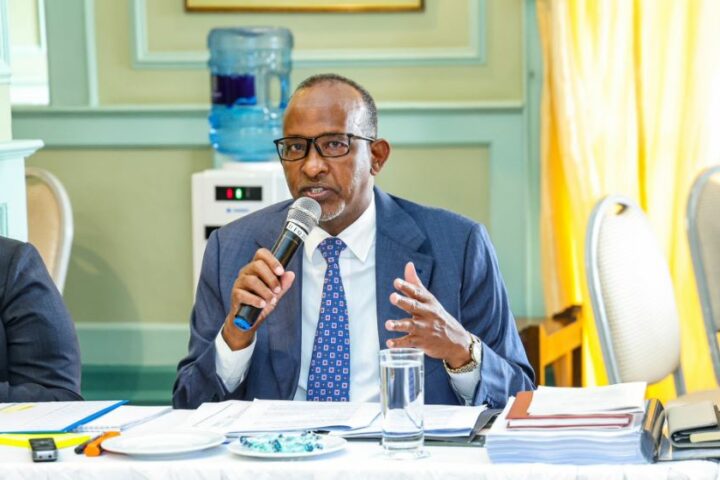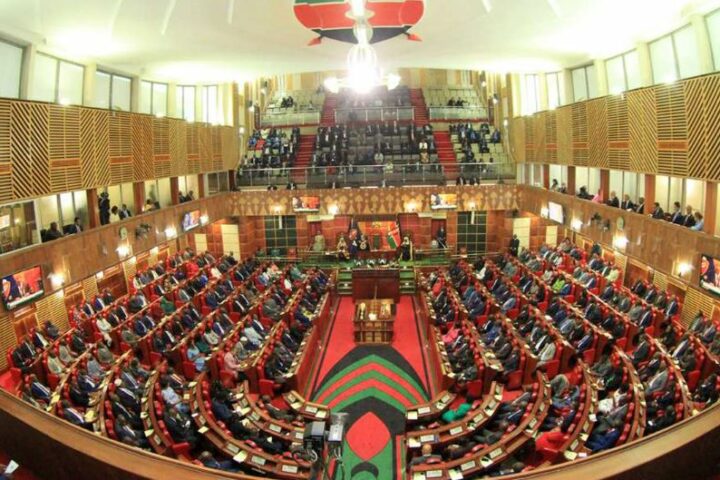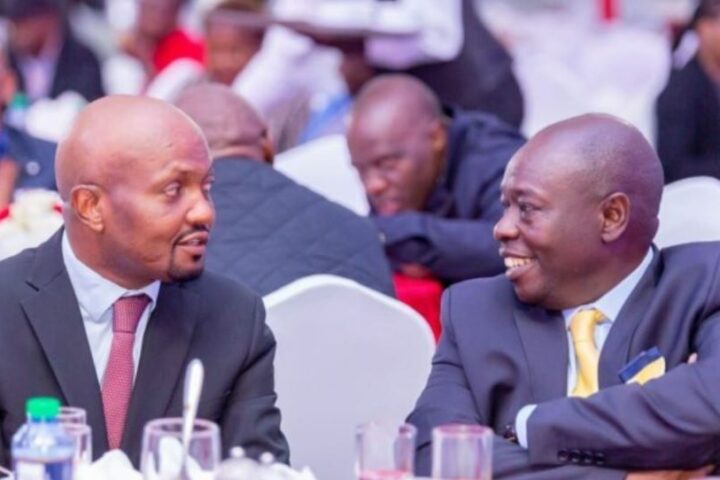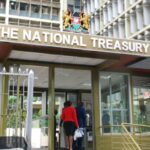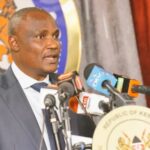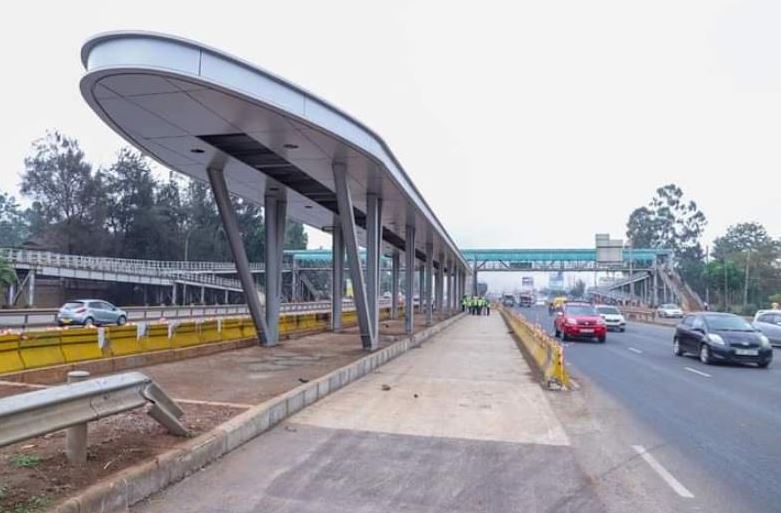 A landmark financing deal has secured Nairobi’s future in sustainable urban transportation. The city has clinched a €320 million (approximately Sh43.4 billion) package to develop the Clean Core Bus Rapid Transit (BRT) Line 3.
A landmark financing deal has secured Nairobi’s future in sustainable urban transportation. The city has clinched a €320 million (approximately Sh43.4 billion) package to develop the Clean Core Bus Rapid Transit (BRT) Line 3.
“This funding represents a significant boost to Nairobi’s transportation infrastructure. Our partners—the EIB, AFD, and EU—have approved €320 million in financing for the Clean Core BRT Line 3. This is a historic moment for our city,” Governor Johnson Sakaja said during Wednesday’s engagement with the project’s financial backers.
This financing is backed by key international players: the European Investment Bank (EIB), the French Development Agency (AFD), and the European Union (EU). The deal comes after months of behind-the-scenes negotiations with these global development agencies.
Nairobi’s BRT Line 3, designed for efficiency and a reduced carbon footprint, promises to be a game-changer. The project’s first phase will introduce a 12-kilometre route connecting Dandora and Kenyatta National Hospital (KNH) along Juja Road.
The subsequent phase aims to broaden the network, stretching it beyond the initial corridor. Plans detail a future expansion that will link Tala to Dandora on one end and KNH to Ngong on the other. In doing so, the system hopes to provide a seamless commute for residents who regularly grapple with jam-packed roads.
“This isn’t just about buses; it’s about transforming how our people live, work, and move. Cleaner, safer, and more efficient transportation will uplift the livelihoods of millions of Nairobians,” Sakaja added, highlighting the core values behind the initiative.
With electric buses at its core, the Clean Core BRT system is more than a transport upgrade—it’s an environmental statement. Nairobi has wrestled with gridlock for decades, as well as rising pollution levels. The BRT solution aims to address these challenges head-on, encouraging a shift away from reliance on private cars.
Preliminary designs, feasibility studies, and environmental impact assessments for the BRT line are already in place. Construction is slated to begin in early 2025, setting a firm timeline for what could be the start of Nairobi’s biggest transportation overhaul.
Once operational, the system is expected to significantly cut commute times, improve accessibility for thousands of daily travelers, and bolster Nairobi’s image as a forward-looking metropolitan hub. This aligns with the city’s broader mobility blueprint, which also includes enhanced pedestrian walkways, dedicated cycling lanes, and smart traffic management systems.
Below is a simple overview of the key project elements:
| Project Component | Details |
|---|---|
| Initial Funding | €320 million (Sh43.4 billion) from EIB, AFD, EU |
| Phase 1 Route | Dandora to KNH (via Juja Road) |
| Future Expansion | Tala-Dandora & KNH-Ngong |
| Core Technology | Electric Buses |
| Start of Construction | Early 2025 |
The city’s top leadership is calling on all stakeholders—residents, transport operators, and businesses—to embrace the shift. “This is a partnership for Nairobi’s future. We are determined to deliver a world-class transport system for our people,” Sakaja noted, underlining the project’s communal spirit and long-term vision.
